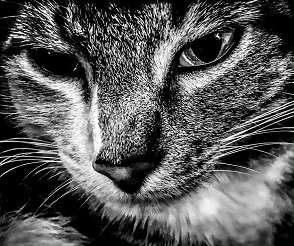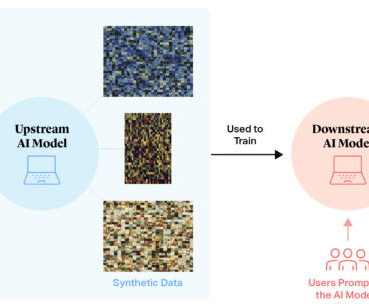Never Too Late: If you missed the IPKat the past 2 weeks!
The IPKat
JANUARY 30, 2022
The author gave food for thought on the reproduction of works of art on book covers, on possible moral rights in the discussion, and on Walter Benjamin's notion of the "aura" of a work. SpecialKat Hayleigh Bosher reviewed " Performers' Rights " by the Rt Hon Sir Richard Arnold, Judge of the Court of Appeal of England and Wales.












Let's personalize your content